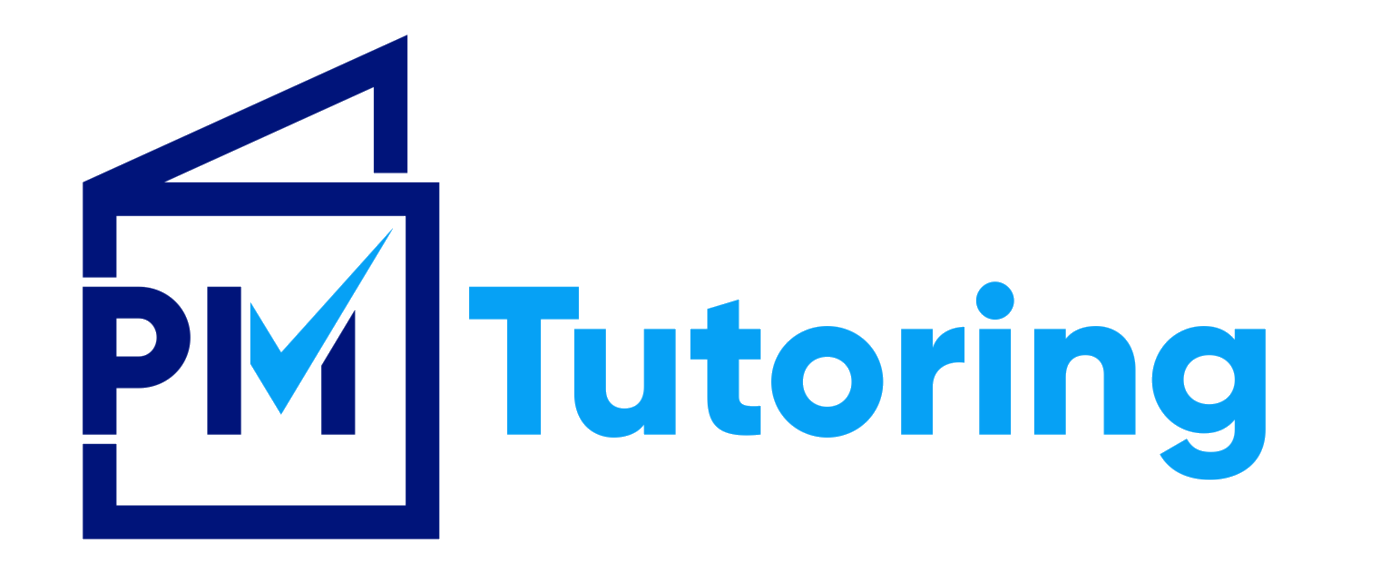Maximize Your Learning While Minimizing Your Study Time
Many high school students view test preparation as the most difficult, anxiety-inducing, and time-consuming part of school. Big tests present a different kind of struggle than homework does; while homework requires motivation and understanding of class material, big tests demand much more work and make up a larger percentage of a student’s grade.
The situation gets worse for the many students who put off studying until the night before. Whether because they feel overwhelmed, busy themselves with other things, or simply do not want to do the work, students scramble for hours and hours the night before, sacrificing sleep and well-being, in hopes that they can scrape by on the test in the morning.
So, how can you, as a parent, help your child spend less time cramming for tests, decrease their anxiety, and improve their grades? Help your child begin active, advanced preparation in the form of talking to teachers, reviewing with classmates, and quick, frequent quizzing. These skills take just a little bit of investment in the weeks leading up to a test, but save plenty of time and energy on the back end.
Talk to Teachers (Filling Knowledge Gaps)
The easiest way to fail a test is by failing to learn the information in the first place. Especially in classes like math, science, or history, where information in each unit builds on information from the preceding unit, gaps in understanding can be catastrophic.
Talking to teachers provides a path for students to correct any misunderstandings they have about the material before they begin memorizing for the test. Of course, this is easier said than done. As a parent, you can do a few things to make this process easier:
For younger students, join the conversation with them. Depending on your child’s confidence, you might have to take the lead on asking questions, or you might just be there as a support and let them lead the conversation.
Remind your child that teachers want to help their students. Asking questions shows interest and care for the material, which teachers appreciate.
Check in frequently about subject matter gaps. If your child expresses a difficulty, ask them if they have spoken to their teacher about it yet.
Work with Friends (Discuss and Organize Information)
Teaching the material in your own words builds understanding in a way that few other activities can. For high schoolers, the best way to do this is by studying with a friend. Encourage your child to do the following:
At the beginning of the study time, spend 3-5 minutes creating questions based on notes/class materials.
Spend 10 minutes asking each other the questions and answering them, look at notes as little as possible.
Spend 5 minutes writing a quick summary of the material reviewed, then read it out loud.
A 20-minute study session once a week will help solidify the information from class, lead your child to identifying gaps in their understanding, and require them to begin storing it for longer-term use.
Quick, Frequent Quizzing (Storing the Information)
Instead of relying on one big cram session the night before a test, students should attempt frequent, quick quiz sessions on material they have learned.
Psychologists of memory encourage quick, frequent review sessions over cramming because they store information in long-term memory rather than short-term memory. The more frequent the quizzing, the shorter the sessions can be. A student can get away with 5 minutes of active, intense review for one class if they do it every day. If they give themselves more days between review sessions, they might have to spend 10-15 minutes instead. Help your child think through what system will work best for them.
Additionally, encourage your child to make sure that they are using active quizzing—not mere reviewing. Don’t allow your child to get away with only looking over their math homework or scanning over their notes from class. Challenge them to perform the math problem again, or write or speak aloud the information from memory. Flashcards and apps like Quizlet can help with this, as can having a study partner.
Conclusion
Advanced, active review is not the only necessary skill for success on tests; however, it is one of the most important. While at first you might have to provide some sort of extrinsic reward to encourage this skill, the ease and speed of learning it enables will soon become its own reward. Challenge your child to experiment with these practices for just one or two of their classes at first and then debrief what worked and what can be improved for next time.






